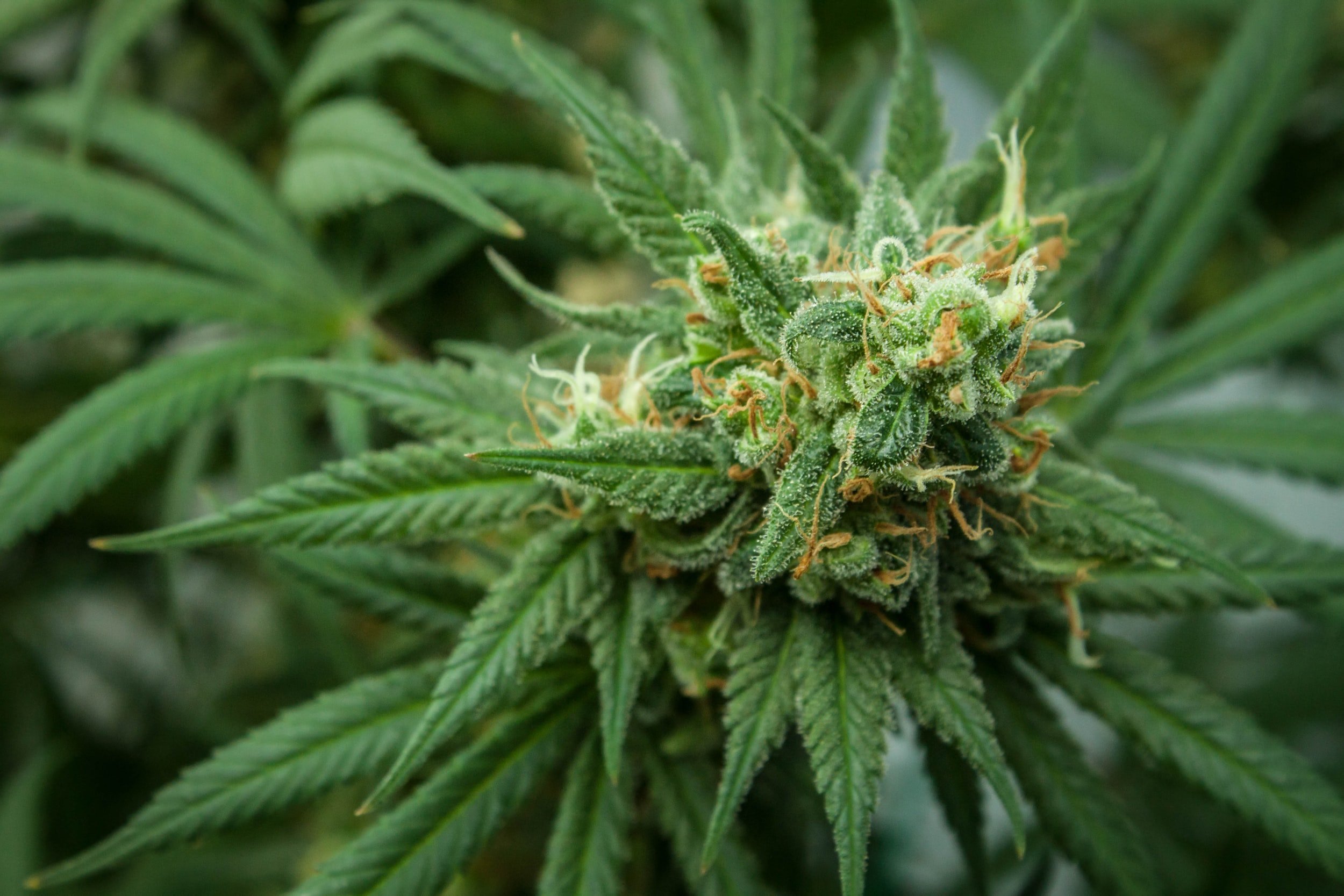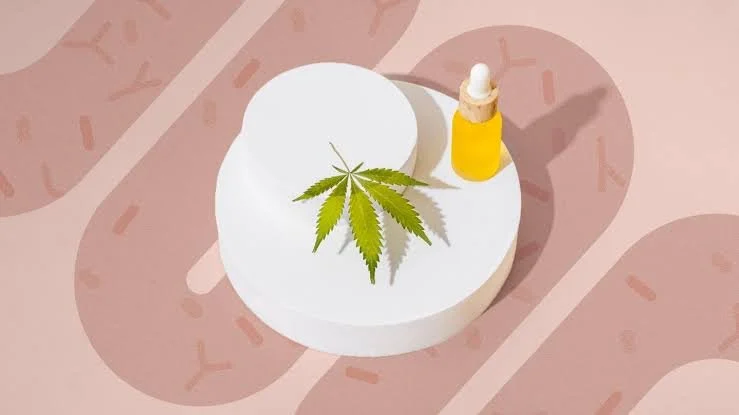
Blog
The Future of Cannabis Topicals: Innovations and Trends to Watch
The cannabis industry has been evolving rapidly over the past few years, with new innovations and products continually emerging. One category that is garnering significant attention is cannabis topicals.
How to Read Cannabis Product Labels
With the growing legalization of medical cannabis across many parts of the world, consumers now have access to a wide variety of cannabis products. From flowers and edibles to tinctures and topicals, these products are often labeled with detailed information about their ingredients, cannabinoid content, and recommended uses.
Should You Tell Your Employer About Your Medical Marijuana Card?
Medical marijuana has become increasingly accepted as a viable treatment for various medical conditions, including chronic pain, anxiety, and epilepsy. However, the growing acceptance of medical cannabis does not necessarily extend to all areas of life, particularly in the workplace.
Does CBD Help Slow or Stop Hair Loss?
Hair loss is a common concern for millions of people worldwide, affecting both men and women at different stages of life. While numerous treatments and products promise to combat hair thinning or stimulate hair growth, many are now turning to natural alternatives such as cannabidiol (CBD) to address this issue.
How to Safely Transition to Higher-THC Strains for Pain Relief
Cannabis has been widely recognized for its therapeutic benefits, particularly in the area of pain management. For many medical cannabis patients, higher-THC strains offer significant relief from chronic pain, muscle tension, and inflammation.
The Best High-THC Indica Strains for Relaxation
Cannabis consumers often turn to indica strains when seeking deep relaxation, relief from stress, and a sense of tranquility. Indica strains are known for their sedative effects, making them ideal for those looking to unwind after a long day, ease anxiety, or combat insomnia.
Exploring the Therapeutic Potential of Medical Marijuana for Trigeminal Neuralgia
Trigeminal neuralgia (TN) is a chronic pain condition that affects the trigeminal nerve, one of the most important facial nerves. Often described as one of the most excruciating pain disorders, trigeminal neuralgia can result in sharp, stabbing pain in areas such as the cheeks, jaw, teeth, and gums.
Cervical Dystonia and Medical Cannabis: A Physician’s Perspective
Cervical dystonia, also known as spasmodic torticollis, is a chronic neurological disorder that causes involuntary muscle contractions in the neck. These contractions lead to abnormal head postures, tremors, and significant discomfort, often making simple daily activities challenging.
CBD and Dementia: What the Latest Research Says
Dementia is a term used to describe a range of neurological conditions that affect memory, cognition, and behavior. It includes diseases like Alzheimer’s, vascular dementia, Lewy body dementia, and others.
Weed for PTSD: What the Latest Research Says
Post-Traumatic Stress Disorder (PTSD) is a severe mental health condition triggered by experiencing or witnessing traumatic events. Often associated with veterans and survivors of combat, it also affects individuals who have endured other forms of trauma, such as physical or sexual assault, natural disasters, accidents, or any life-threatening event.
Can Dry Mouth From Cannabis Use Cause Tooth Decay?
As cannabis use becomes more widespread for both medicinal and recreational purposes, its side effects are being studied more closely. One of the most common and often overlooked side effects is dry mouth, also known as cottonmouth. Dry mouth, medically termed xerostomia, is the result of a reduction in saliva production.
What is Cotton Mouth From Weed?
Cannabis consumption has grown in popularity, both for recreational and medicinal purposes. As more people engage with cannabis, one side effect often associated with its use becomes a frequent topic of discussion—cotton mouth, or xerostomia, as it is scientifically known.
Top 5 Strains For Eating Disorders
Eating disorders are complex medical conditions that involve serious disturbances in eating behaviors and can include both physical and psychological aspects.
How to Pass Drug Test for a New Job if You Are a Cannabis User
In recent years, the acceptance and use of cannabis have been on the rise, particularly as more states legalize both medical and recreational marijuana.
How to Choose Between THC Edibles and Smoking for Medical Use
As medical marijuana becomes increasingly accessible, patients are exploring different methods of consumption to manage a variety of conditions.
Breaking Down the Myths and Facts About THC’s Psychoactive Effects
Tetrahydrocannabinol (THC) is the primary psychoactive compound in cannabis responsible for producing the euphoric sensations commonly associated with marijuana use. While THC has garnered attention for its medicinal properties, it has also become a topic of debate and misunderstanding, particularly regarding its psychoactive effects.
The Pros and Cons of Synthetic THC vs. Natural THC
Tetrahydrocannabinol (THC) is the most well-known and abundant psychoactive compound in cannabis. It is responsible for the "high" that users experience, as well as a range of potential therapeutic effects, including pain relief, appetite stimulation, and anti-nausea properties.
How Does Cannabis Work with My Gut Bacteria?
The relationship between cannabis and human health has become a significant area of study, especially in the realm of gut health. As more research emerges, scientists are uncovering fascinating insights into how cannabinoids—chemical compounds found in cannabis—interact with our body’s systems, particularly the endocannabinoid system (ECS), to support gut health.
THC for Parkinson’s Disease: Promising Strains for Tremor Control
Parkinson’s disease (PD) is a progressive neurological disorder that primarily affects movement. It develops as a result of the degeneration of dopamine-producing neurons in the brain, leading to symptoms like tremors, stiffness, slowness of movement, and impaired balance.
How to Safely Combine CBD and THC for a Balanced High
As cannabis becomes increasingly mainstream, more people are exploring the various compounds found in the plant, particularly THC (tetrahydrocannabinol) and CBD (cannabidiol). These two cannabinoids interact with the body in different ways and offer unique effects, which has led to interest in combining them to create a balanced and tailored experience.




















